Parenting and academia are not mutually exclusive states. Many academics are parents, we take on different caring responsibilities at different stages in our careers and take on more or less of the parenting responsibilities depending on our family situation. However, parenting is often seen as detracting from our ability to succeed in academia in the zero sum game of work-life balance.
Yes parents* can be under significant time pressures and may have their mobility restricted, but the parenting skills we acquire through on-the-job training, constant practice, trial and error, research and pure luck can also help with the academic day job. It’s time to point out those skills that parenting gives you that don’t necessarily make it onto your cv but which probably should:
- Time management.
This is probably the most valuable skill you can have as an academic and strangely, the time constraints that parenting puts on you help you to be more effective when you’re in the office, lecture theatre or conference. Every second is precious and you learn to do those tasks that used to take you an hour in 18 minutes and those tasks that you used to schedule for “when I have a free day” to that time in between the departmental meeting and the next lecture.
Credit: Sean MacEntee
- Patience & the long view
Having kids has improved my patience from fairly non-existent to the ability to withstand constant nagging for at least 15 mins before cracking. Patience is an important skill in academia, where the wheels of bureaucracy turn more slowly than a 5 year old getting ready for school. Parenting teaches you to consider the long view, you understand that everything is a phase. While you have to go with the latest penchant for “Frozen” merchandise you also keep your eye on what life lessons a snowman who longs for the summer can teach your kids.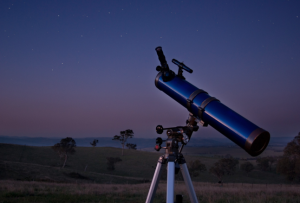
Credit: Ryan Wick
- Listening & communication
I’ve learned a lot about my own communication and listening from trying to converse with two-year olds. Being told what to do as an academic or as a two-year old doesn’t work, its all about persuasion and compromise. Listening to what your colleagues want and need, acknowledging it and trying to find win-win situations has a glimmer of hope of working. Be prepared for complete melt-downs at any point as your target audience is likely to be distracted by many other demands, shiny lights and chocolate in the tea room.
Credit: GollyGForce
- Communicating to different audiences – new networks & outreach
As a parent you are suddenly presented with new networks and opportunities for outreach: at the school gate, being invited to talk to the local primary school and sitting on the parents committee. This interaction with “the real world” helps with perspective, writing press releases for your most recent discovery and how to explain the importance of the latest p-value. Talking to your kids about your work can help to reaffirm your values – why do you do what you do?
- Routine
Most people with a small baby can relate to the importance of routine, if you can get it. Routines are super-important for children and academics. The complexity of the competing demands on our time means that those reliable tea times, weekly meetings and annual conferences are much more likely to be attended if they’re on the same time every day/week/month/year.
- Perfection is not an option & knowing when good enough is good enough.
I accepted very early on that I would never be the perfect parent. I read one of those pseudoscience parenting blogs that told me getting it right 30% of the time was probably good enough. At the time when I was driving myself into an early grave trying to be perfect 30% struck me as much more achievable. Knowing when good enough is good enough is a skill that I try to bring into my academic life. Often I help myself “Let it Go” by mentally evaluating the alternatives to a reasonable but imperfect job done: a) a child that has sat in some bubbly water with minimal scrubbing (the reasonable but imperfect outcome) vs. a shiny clean but grumpy toddler & stressed out parent (the “perfect” but ultimately terrible outcome) or a smelly little beast (sometimes necessary but poor outcome that we try not to let out in public/publish).
- Relating to students
As we get older and less like our undergraduate students, they get younger and more like our kids… Skills we gain as a parent, for example by helping kids to look on the bright side, building up their confidence and teaching them that sometimes life’s just like that, all helps in helping, guiding and mentoring our students.
Kids are infuriating, stressful, sources of worry and time sinks, but they are also wonderful, make you see the your life in new ways and give you perspective on the world. Replace “kids” with “academic jobs” in the previous sentence and that’s basically how I see it.
* I include here male and female parents, there are also many carers of family & friends who while not directly parenting are also under significant constraints. Some of these points may apply more generally to carers but they will have other specific issues to deal with – that’s another blog post…
Authors: Yvonne Buckley, BUCKLEYY[at]tcd.ie & Jane Stout, STOUTJ@tcd.ie





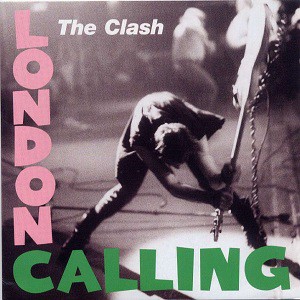

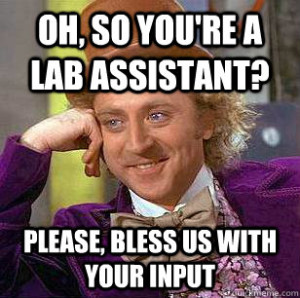
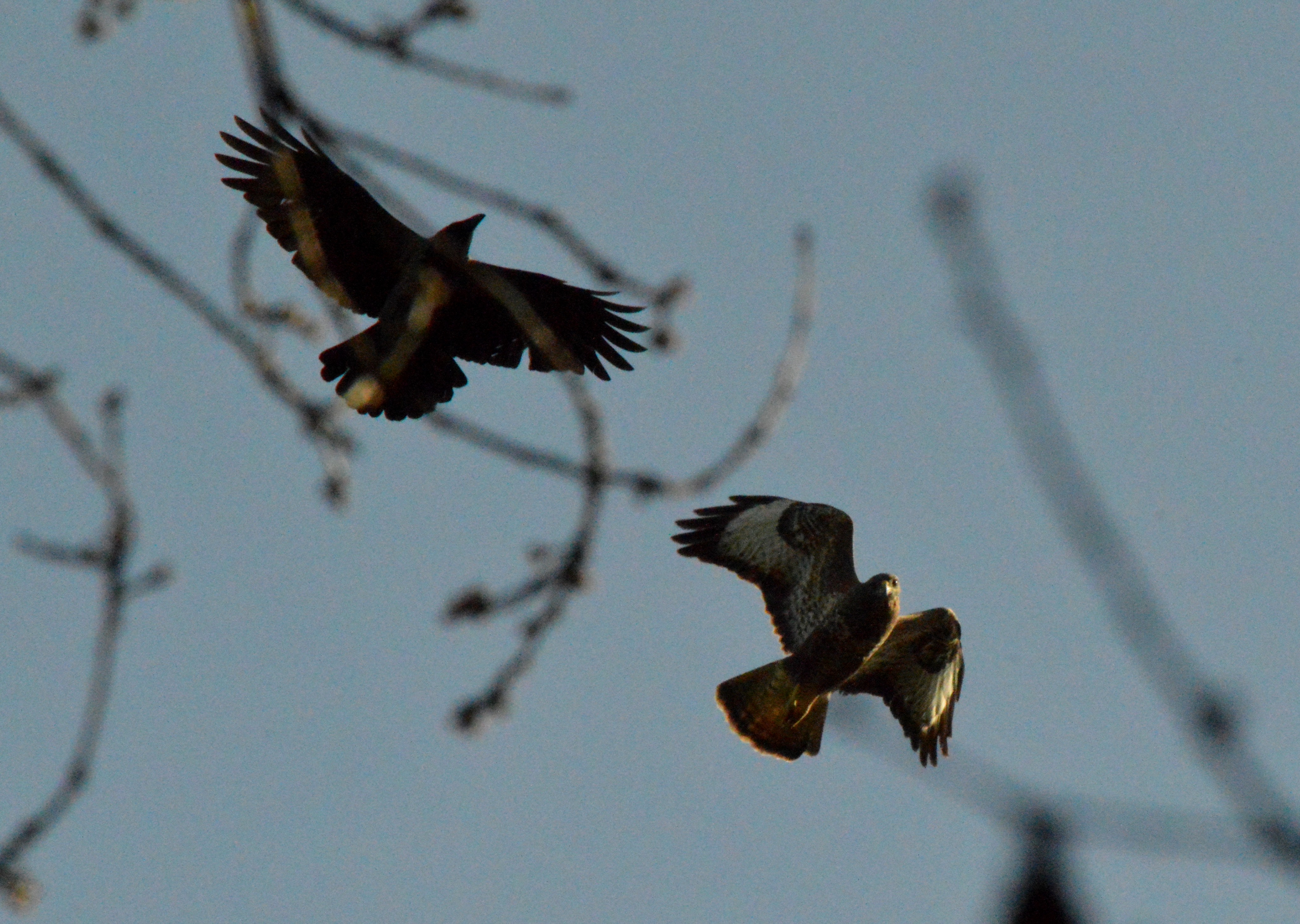
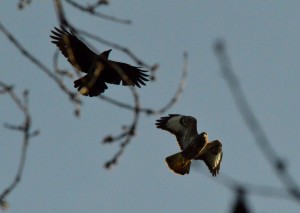




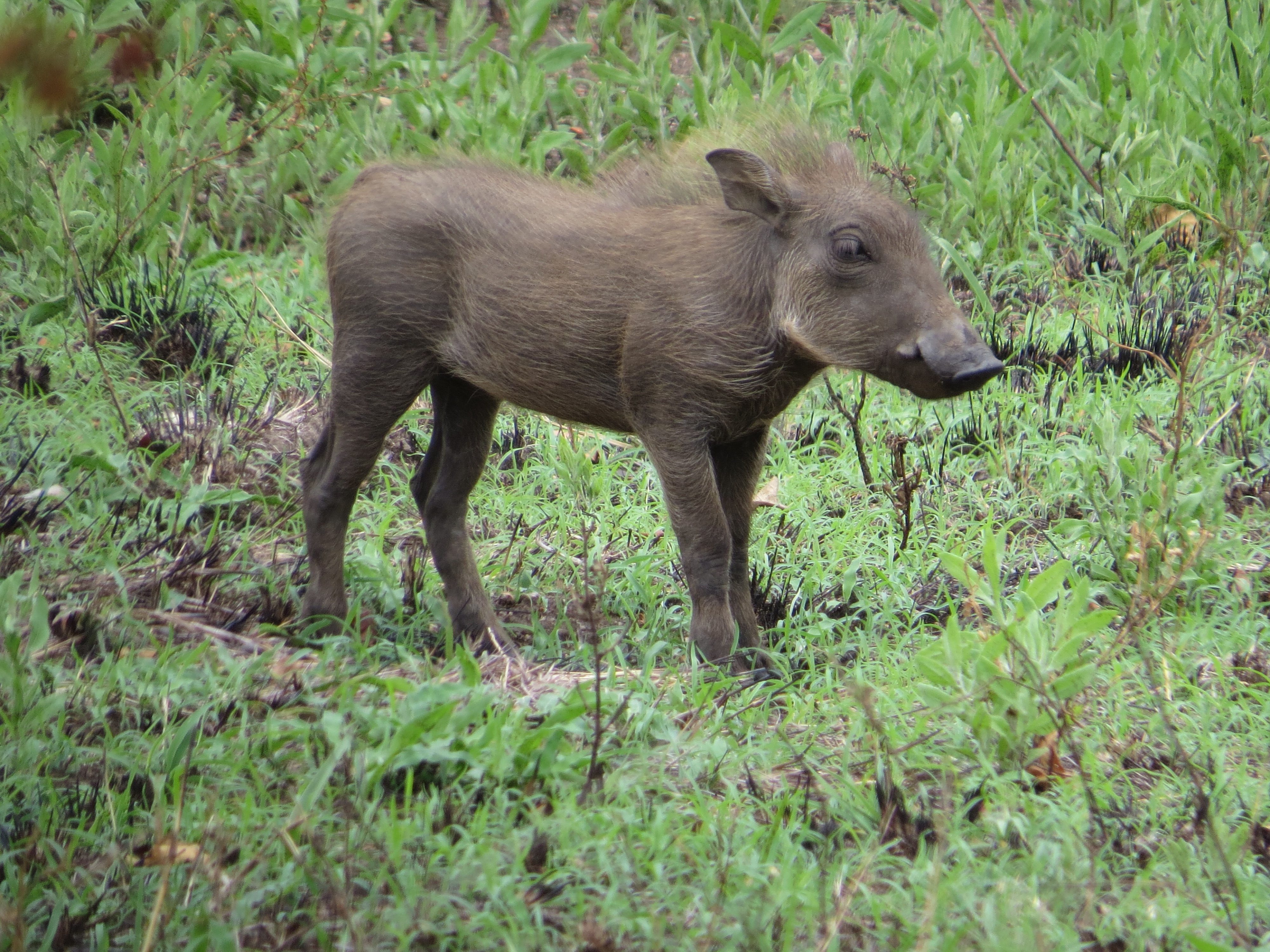
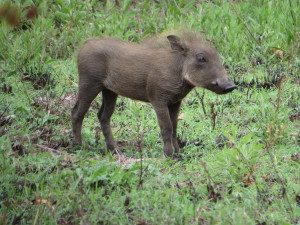
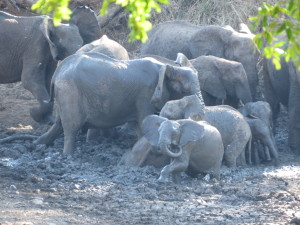
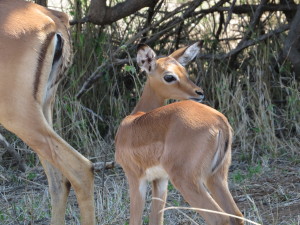
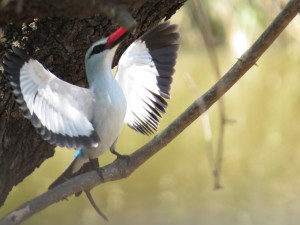
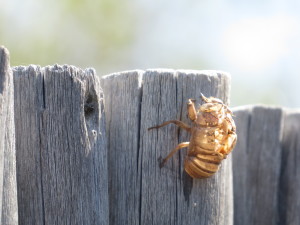
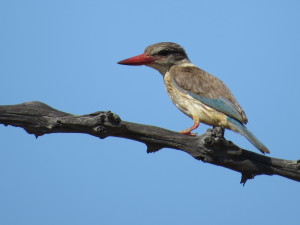



 Scientists and science communicators often make the point that the public are scientifically illiterate and that this needs to change. But why? The line goes that as we live in an age of science so everyone should be comfortable reading, writing and talking about science such is its pervasiveness in 21st century society. Robert Hazen argues for the importance of literacy saying, “A scientifically illiterate person is effectively cut off from an immensely enriching part of life, just as surely as a person who cannot read” (1). However scientific literacy is not something that is easily defined. So it is important to look at the various conceptions of it before asking if we can improve it.
Scientists and science communicators often make the point that the public are scientifically illiterate and that this needs to change. But why? The line goes that as we live in an age of science so everyone should be comfortable reading, writing and talking about science such is its pervasiveness in 21st century society. Robert Hazen argues for the importance of literacy saying, “A scientifically illiterate person is effectively cut off from an immensely enriching part of life, just as surely as a person who cannot read” (1). However scientific literacy is not something that is easily defined. So it is important to look at the various conceptions of it before asking if we can improve it.
